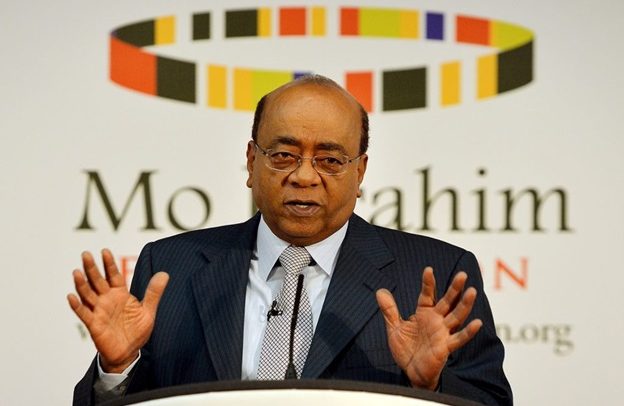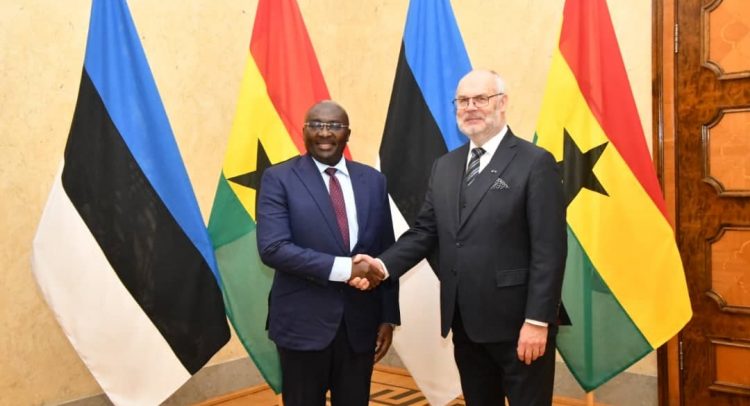
The Second Ghana-Japan High Quality Infrastructure conference was held in Accra yesterday to promote the government's agenda for industrial development with the support of development partners.
First held in the country in May 2017, the conference was the initiative of both governments to bridge Ghana's infrastructural deficit through high quality projects.
Minister of Road and Highways, Kwasi Amoako-Atta, at the opening of the conference, said Ghana was committed to the high quality infrastructure concept from Japan aimed at addressing infrastructure gaps in the country.
Although the initial cost of such infrastructure was a challenge, he said its durability, environmental friendliness, safety and resilience ultimately results in the reduction of maintenance cost over the life of the infrastructure.
He said the government expected partnerships between Japanese companies and local contractors to enable them to participate in internationally competitive tenders and capital intensive infrastructure assignments.
The partnerships, the minister further explained, would ensure transfer technology, build long term conglomerates that would lead to an increased capacity in local delivery and promote better working partnerships.
To create the business-friendly environment that would assure investors of the security of their investments, he said the government was clearing the backlog of outstanding bills and procuring new projects across through competitive tender process.
The government was also exploring public private partnerships (PPP) and other innovative private financing arrangements to harness the skills and finances of the private sector to deliver road projects, Mr Amoako-Atta stated.
He said the government would develop national standards and policies that would promote the development of high quality infrastructure to meet international best practices and align the agenda with Ghana's economic and development strategies.
In the medium-term, the minister indicated that the government was focused on developing resilient built environment, while safeguarding the natural environment through adoption of standard available technology to make delivery efficient and cost effective.
He called on Japan to support government's 'Ghana Beyond Aid' agenda through infrastructural investment in the form of grant aid which would promote local job creation and transfer of appropriate skills to the country.
Read Full Story

















Facebook
Twitter
Pinterest
Instagram
Google+
YouTube
LinkedIn
RSS